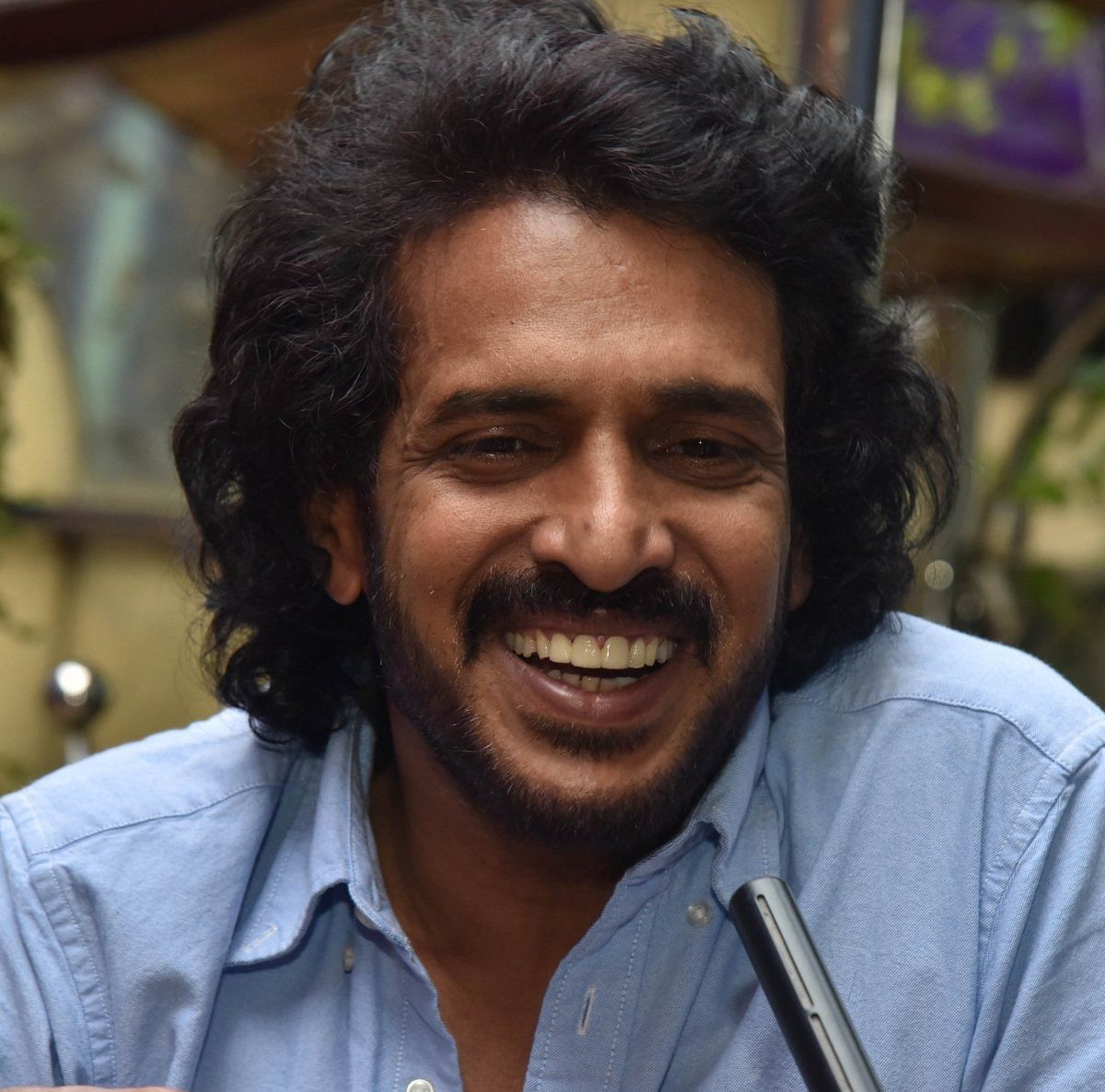Fan syndrome triggers suicides
Ravi Raghuram, a fan of Yash, set himself on fire outside the actor’s house on Tuesday. He was rushed to hospital, but breathed his last on Wednesday.
Dejected about not meeting his idol on his birthday, Ravi, a resident of Laggere in Bengaluru, paid with his life for his adulation.
Yash had conveyed to fans he wouldn’t be celebrating his birthday this year in deference to Ambareesh, the actor who died recently.
“This is very hurtful. Is this fandom? No, I don’t think so. I have always told my fans to be responsible,” Yash said on hearing of Ravi’s death.
Metrolife spoke behavioural experts to understand the phenomenon of extreme fan behaviour.
Psychologist Sangita Unni calls it the ‘celebrity worship syndrome’ (CWS), an obsessive, addictive disorder in which an individual becomes overly involved with someone who is in the public eye.
“The fan believes he is very close to the personality. It becomes a severely egotistic relationship which is not real,” she says.
Cinema, for many Indians, is more emotion than entertainment. Many fans try to prolong the elation they experience when they meet their idols.
Dr Roshan Jain, senior psychiatrist, Apollo Hospitals, says idolisation is rampant in the country.
“Obsession towards a personality, relationship or thing is common. About 20 per cent of the cases I see are connected to obsession,” he says.
People identify with the persons they idolise, and aspire to become like them. When they idolise to an extreme, they submit their selves completely and reason takes a back seat, he says.
Fans place their favourite actors and politicians on a pedestal, attributing to them a godly status.
“When they face rejection, they feel let down and it rakes up other episodes from the past,” he says.
Sangita says social media now plays a big role in all this. “Stars keep putting out juicy information and having conversations with their fans, leading the latter to believe they have a direct relationship with them. It’s a media and marketing tactic that has gone haywire,” she says.
Dr Shwetha B C, psychology lecturer, BMS College for Women, says it is normal for common people to feel euphoric when they meet their heroes.
“We are obsessed with Gods, and icons like Gandhi and Vivekananda; now it is movie stars,” she says.
She endorses Yash’s plain talk in response to the suicide. Such incidents are stressful for celebrities as well, she notes.
South India, especially, has witnessed many such incidents over the years. Tamil Nadu has witnessed multiple suicides when iconic politicians die.
“South Indians have this worshipping culture, where we establish a connection with our heroes. To simply put it, we are comparatively more emotional,” she says.
Actors stand by Yash
Actors in the industry extend their support to Yash, Kannada actor who shot to national fame with the recent blockbuster KGF. They share their thoughts with Metrolife.

‘Antics don’t help the actor or fans’: Diganth, actor
“I have experienced similar situations, but nothing as grave as this. Fans follow my car and do dangerous stunts, like riding triples on a bike and overtaking my car just for a selfie. I sit down with such fans and explain to them such antics won’t help them or me. We appreciate movie buffs for showering their love on us but I always tell them nothing is worth risking their lives.”

‘A fan slipped from my wall and fell to death’: Upendra, actor
“After I made ‘A’ and ‘Upendra’, I was in disturbing situations. When my house was under construction, a fan came to meet me and climbed a wall. He slipped, fell to the ground, and died. Sometimes unfortunate incidents happen and they are beyond our control. But I always tell my fans to not do anything risky.”

‘I face crazy ordeals’: Ragini Dwivedi, actress
“Yash made a strong statement and he was absolutely right. I have faced crazy fan antics, especially when they are drunk. To experience the love and support of fans is amazing but anything extreme is disturbing. When such acts are done to seek attention, the responsibility is gone.”
Self-immolation epidemic
In 1965, in just a week, nine men set fire themselves and died in Tamil Nadu. The first was Chinnaswamy of Tiruchi district. They were protesting against the imposition of Hindi, and came to be considered martyrs for the Tamil cause. In the years that followed, the trend continued, with the support of the political class. By 2000, it had become an epidemic, with 1,451 cases being reported. People were dousing themselves with kerosene or petrol and setting a match to as a means to call attention to personal problems and to proclaim their adulation for film stars and politicians. Thirty-one people died this way when fans put on display their grief at the passing of film star-chief minister M G Ramachandran. Karnataka has not been as badly affected by the self-immolation culture, but once in a while, incidents like the one reported earlier this week in Bengaluru come to public attention.
SRK film
In Fan, Shah Rukh Khan plays a double role exploring how an obsessed person can cause self-harm and hurt his idol to grab attention. The film is a classic example of the obsession we see around us.
—Dr Roshan Jain, Senior psychiatrist
What to do
Psychologist Sangita Unni advises: For fans
- Spread awareness against ‘celebrity worship syndrome’.
- Get professional help when you feel dejected.
For celebs
- Keep your personal and professional life separate.
- Seek professional help if you notice unhealthy fan behaviour.